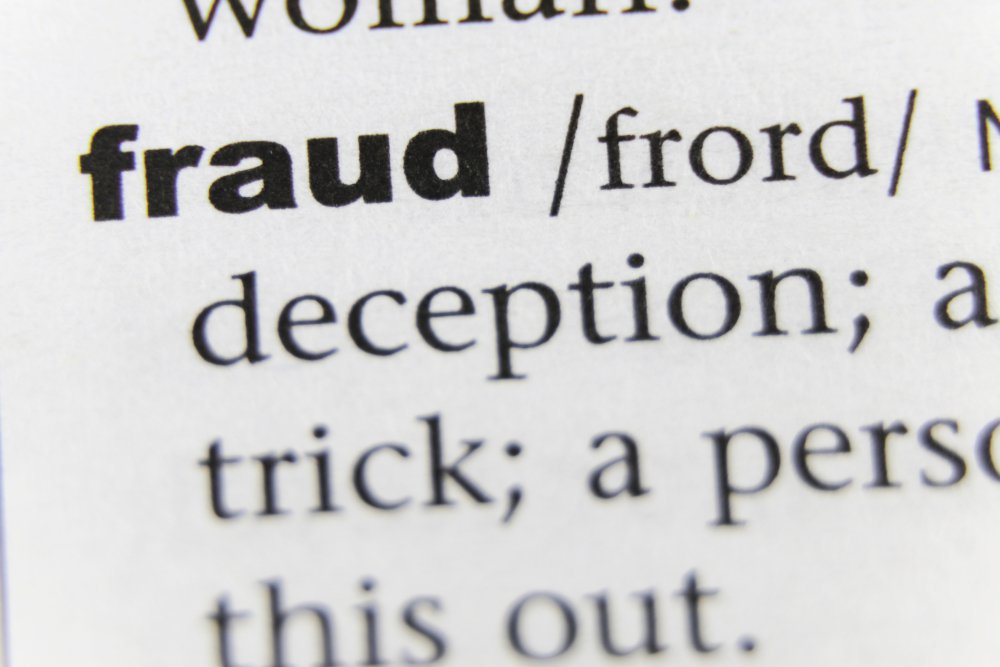Lawyers’ professional liability insurance, which is also called legal malpractice insurance, is designed to protect attorneys and law firms from claims of errors, omissions, or negligence brought by clients or third parties. Even the most competent law firm can be sued by a disgruntled client, and it’s important for attorneys to understand what their professional liability insurance covers and does not cover.
Common Reasons for Legal Malpractice Lawsuits
Whether or not a lawsuit has merit, a law firm and/or its professionals can be sued for a wide variety of reasons, including, but not limited to:
-
- Failure to know or properly apply the law
- Missing the statute of limitations
- Missing a crucial filing date or other deadline
- Real or perceived conflicts of interest
- Inadequate investigation or discovery
- Fraud or other intentional wrongdoing
- Failure to properly obtain client consent
What Policies Commonly Cover
Lawyers’ professional liability policies generally cover defense costs as well as any settlements and judgments for claims arising out of negligent acts, errors or omissions allegedly committed by the law firm and its licensed professionals in the course of providing professional services. These policies may also cover defense costs related to ethics complaints, but typically for lower limits.
Common Exclusions
Professional liability policies nearly always exclude claims arising out of fraud or other wrongful or intentional acts. Coverage is also generally barred for claims stemming from circumstances that the insured knew about or should have known about prior to the coverage period. Professional liability policies typically do not provide coverage for “insured vs. insured” claims, in which one of the firm’s attorneys sues the firm or another attorney at the firm. These policies also don’t cover losses that are typically covered under other types of insurance, such as property damage or bodily injury claims, which are covered by general liability insurance. Every professional liability policy is different, and it is important to review your policy carefully to understand your coverage.
Claims-Made Policies
Professional liability policies are generally claims-made policies, which means that for a claim to be covered, it must be made against you and reported to the insurance company during the policy period. Most policies will extend the reporting period for a short period of time – typically 60 days – which allows you to report a claim past the end of the policy coverage period, as long as the claim was made against you during the policy period. It is critical that you notify the insurance company about all claims before the reporting period ends. Insurance companies typically also require that you provide them with timely notice of any potential claims or circumstances that could lead to a claim.
Your policy can often be customized to provide retroactive coverage beginning with a date chosen in the past. The policy will only cover a claim if it is filed within the policy period or any extended reporting period, and if the incident occurred on or after the retroactive coverage date. Note that claims typically will not be covered if they arise out of an incident that you knew about or should have known about prior to taking out the policy.
Common Reasons for Denials
Insurers routinely deny claims that fall outside the coverage period, or for a failure to report claims, or circumstances that could lead to a claim, in a timely manner. Claims are also commonly denied if they fall within a policy exclusion. You may also receive a denial if you had prior knowledge of (or should have known about) a potential claim, if you failed to disclose attorneys working at your firm, if your coverage lapses, or if you defended yourself before notifying the insurer.
Coverage Limits/Deductibles
When considering policy limits, it is advisable that you choose a limit that would cover your most expensive cases. Depending on your practice area and other factors, you may need to obtain a separate excess limits policy, to avoid potentially being held liable for a settlement or verdict above your coverage limit.
Lawyers’ professional liability policies generally have two deductible payment options. You can either pay a deductible per claim, which is uniformly applied to each claim made, or purchase a first dollar defense endorsement, in which defense costs are covered from “the first dollar.” In addition, most policies have eroding limits, where money paid by the insurance company to defend you is deducted dollar for dollar from your indemnity limit.
Preventing Malpractice Claims
While you cannot prevent all lawsuits for errors and omissions, there are steps you can take to reduce your potential exposure. As many errors are made due to lawyers and staff being overburdened with too many cases, it is important to avoid taking on more work than your team can realistically handle. Institute a good calendaring system that prompts you of all impending deadlines. Avoid overpromising and underdelivering to clients, and never make statements that guarantee success.
If you have questions about lawyers’ professional liability insurance or are involved in a coverage dispute with your insurance company, contact Schwartz, Conroy and Hack PC for assistance. We have the expertise and tenacity to make insurance companies keep the promises they make to you and your business.

